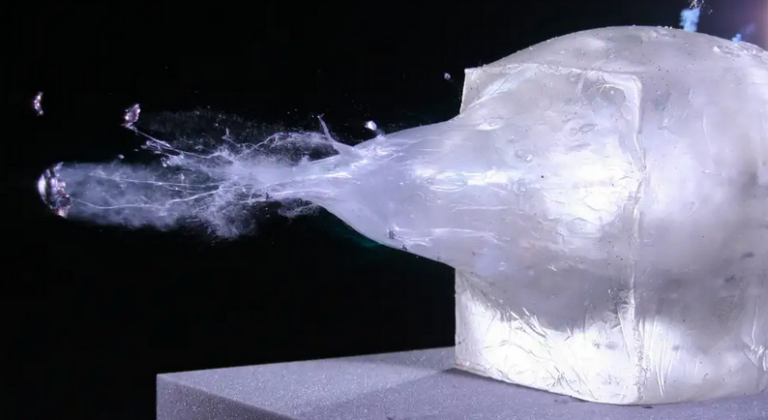A team of researchers from the University of Kent in Canterbury, England, have used a protein called talin, which functions as “the cell’s natural shock absorber,” to create a new shock-absorbing material capable of stopping projectiles traveling at supersonic speeds without destroying them in the process.
Developing materials to improve the efficacy of armor isn’t a pursuit exclusive to the militaries of the world. Shock-absorbing materials have benefits in other fields, too. In the aerospace industry, they’ll be essential as we continue to expand our presence in space, where even tiny particles moving at supersonic speeds can cause significant damage to spacecraft. Even other researchers can benefit from breakthroughs in this field, particularly those conducting experiments with high-speed projectiles that eventually need to be safely stopped.
Lake Plastiras: A Diamond in the Rugged Greek Heartland (photos)
The current design of projectile-stopping armors and materials uses a mix of ceramics and fiber-based components layered together, which are effective at stopping a high-speed object from passing straight through them, but end up transferring a lot of the projectile’s kinetic energy onto the armored vehicle or person, often resulting in non-fatal injuries. These materials also tend to get destroyed in the process, requiring them to be replaced after every use. This new research brings us one step closer to solving the unique challenges of developing shock-absorbing materials.
Read more: Gizmodo
Ask me anything
Explore related questions





